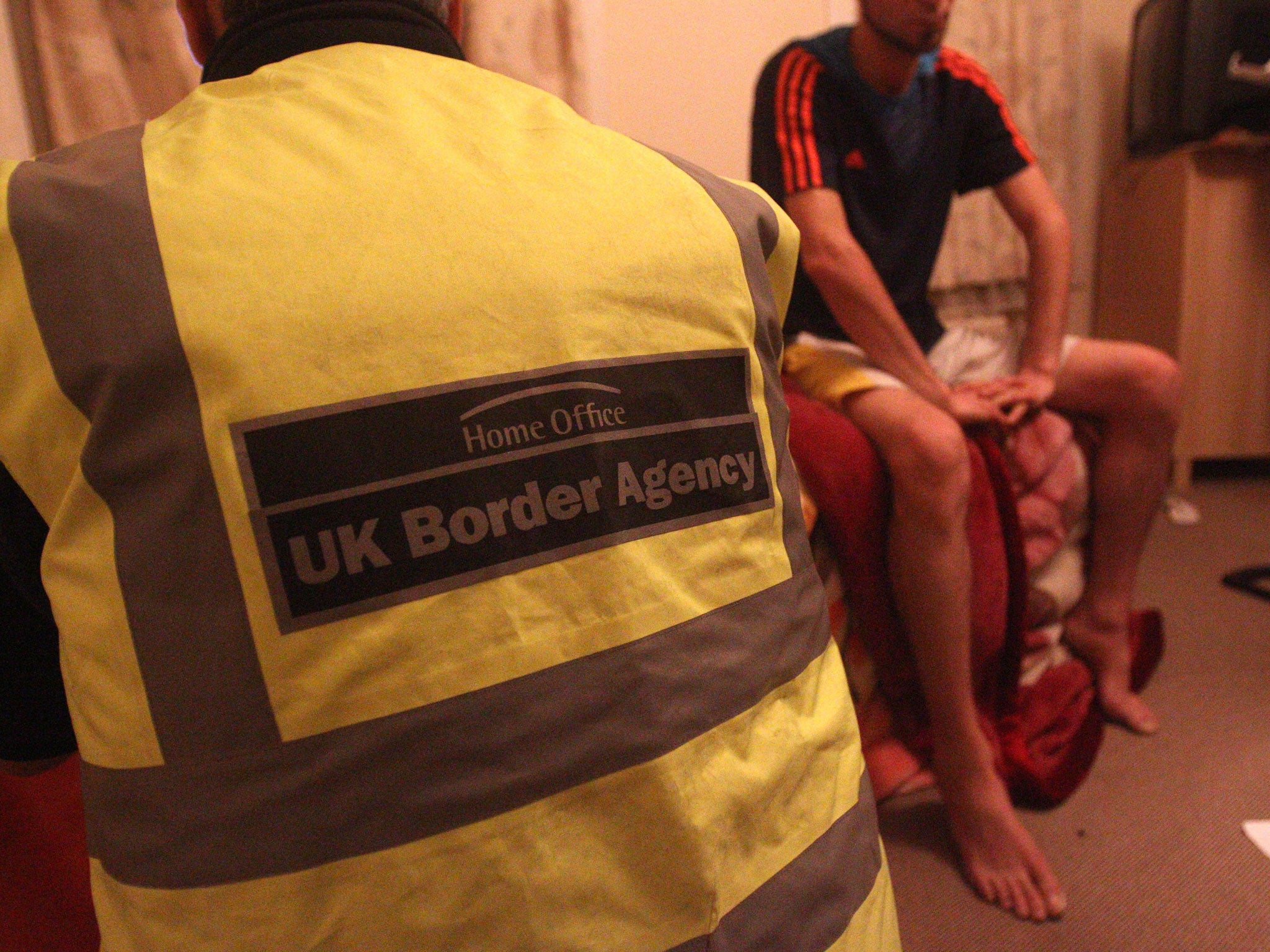UK migration figures are 'a best guess' say politicians
Without accurate statistics, the Government's plan to limit net migration into the UK is beset by difficulties, says study

Your support helps us to tell the story
From reproductive rights to climate change to Big Tech, The Independent is on the ground when the story is developing. Whether it's investigating the financials of Elon Musk's pro-Trump PAC or producing our latest documentary, 'The A Word', which shines a light on the American women fighting for reproductive rights, we know how important it is to parse out the facts from the messaging.
At such a critical moment in US history, we need reporters on the ground. Your donation allows us to keep sending journalists to speak to both sides of the story.
The Independent is trusted by Americans across the entire political spectrum. And unlike many other quality news outlets, we choose not to lock Americans out of our reporting and analysis with paywalls. We believe quality journalism should be available to everyone, paid for by those who can afford it.
Your support makes all the difference.Migration statistics are "little better than a best guess" and probably understate immigration to the UK, a parliamentary report has revealed.
With immigration again set to be a key battleground during the next election, a report released today by the Public Administration Select Committee warns that the statistics are not fit for purpose. Because of the unreliability of the figures, the report adds, the Government should aim for a target of 50,000 if it wants to reduce immigration to under 100,000 by 2015.
Estimates of immigration, emigration and net migration are primarily based on a sample of 800,000 people interviewed at ports and airports each year, known as the International Passenger Survey. But only about 5,000 of those tend to be migrants and, in addition, the report comments, these "may be reticent to give full and frank answers, to say the least".
This means that the Office for National Statistics and the Home Office are producing "blunt instruments for measuring, managing, and understanding migration to and from the UK", which do not, the report says, measure the impact of migration on local areas, the social and economic impacts of migration or the effects of immigration policy.
The committee advocates moving to the e-Borders system – which records basic travel document information on the identity of passengers travelling through UK ports – but said reliable figures on which to base policy are years away.
It also voices concerns about the future of the census, which collates data on migrations in local areas. It says: "We are struck by the advice of the Migration Advisory Committee to the Government that it should aim for net migration of only 50,000 as the only means of being certain that net migration is in fact below 100,000. The Government should not base its target level of net migration on such an uncertain statistic: doing so could lead to inappropriate immigration policy."
Bernard Jenkin MP, the committee chairman, said: "Most people would be utterly astonished to learn there is no attempt to count people as they enter or leave the UK. They are amazed when they are told that the Government merely estimates there are half a million immigrants coming into the UK each year.
"The top-line numbers for the Government's 100,000 'net migration' target are little better than a best guess – and could be out by tens of thousands. Clearly, these statistics are not fit for purpose in the longer term.
"Even now, the really useful information from e-Borders data is at least five years off. Given the importance of immigration as a potentially explosive issue, this ought to be given a much higher priority."
Chris Bryant MP, Labour's immigration spokesperson, said the report cast doubt on the Government's claims to have cut net migration. "People want a bit of honesty on immigration, so the Home Secretary should look at how to measure it more accurately as a matter of urgency."
He added: "Grand speeches, gimmicks and dodgy statistics don't cut much ice, especially when the Government still doesn't even have a plan to count people in and out of the country."
A Home Office spokesman said it disagreed with the report, adding that net migration was at its lowest level for a decade.
"We are committed to getting net migration down from the hundreds of thousands to the tens of thousands, and we want to be judged against the very best available evidence."
In the year to June 2012, immigration was estimated at 515,000. About 15 per cent of that was by British nationals, about 30 per cent by other EU nationals and about 55 per cent was by non-EU nationals. Emigration was estimated at 352,000, with about 44 per cent of that being British nationals. Net migration was estimated at 163,000.
Join our commenting forum
Join thought-provoking conversations, follow other Independent readers and see their replies
Comments